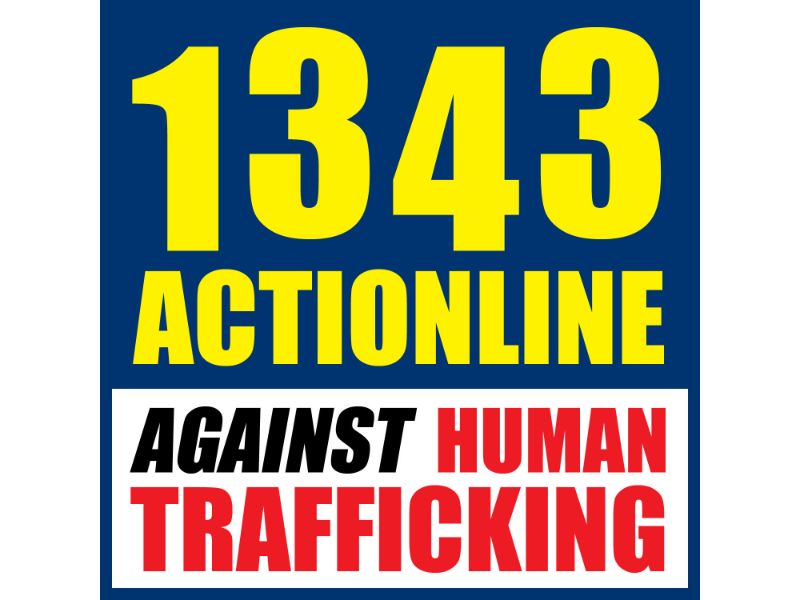The Philippines garnered top spot in the 2014 edition of the Global Slavery Index, ranking it among countries “making comparatively strong efforts with limited resources” in the campaign against human trafficking.
The second edition of the index ranked the country number one in Asia, number three in Asia-Pacific and number 29 globally, out of 167 countries, in terms of government’s efforts and programs, especially on the response of the criminal justice system against human trafficking.
Justice Secretary Leila de Lima, chairperson of the Inter-Agency Council Against Trafficking (IACAT) lauded the government’s ‘frontliners’ in the fight against trafficking, saying the Index is a “clear indication that the country is in the right direction in the bid to eradicate this global menace”.
“The report is something that every Filipino must be proud of and should serve as inspiration to the ‘frontliners’ from the different government agencies to persevere and further improve,” De Lima said.
The 2014 Global Slavery Index was released by Walk Free Foundation, an Australia-based global human rights organization dedicated to ending modern day slavery. The 2013 edition also cited the Philippines’ innovative approach to combat human trafficking and other forms of exploitation.
The Index provided a scientific approximation, country by country, of the number of people currently living in modern slavery. Based on the report, the Philippines acquired a high government response rating (BB), noting that the government has took significant steps to fight human trafficking.
These include short-term victim support services, a criminal justice framework that criminalizes some forms of modern-day slavery, a body to coordinate the response, and protection for vulnerable sectors.
“This achievement is a result of the an integrated approach that the government has been implementing since the advent of the law in 2003,” De Lima explained. “We are honored that the country’s efforts are now being recognized” De Lima added.
Justice Undersecretary Jose Vicente B. Salazar, in charge of IACAT, credited the top global rating to the efforts of the public servants, government organizations, local government units, NGO partners, faith-based organizations, and other groups who contributed to the overall efforts of the country in fighting human trafficking.
“We attribute this milestone to the long-standing partnership that has been forged with the various sectors of society in protecting our people from the evils of modern day slavery,” Salazar said.
The Global Slavery Index, according to Walk Free Foundation, is a tool for citizens, non-government organizations (NGOs), businesses, and public officials to understand the size of the problem, existing responses and contributing factors, so they can build sound policies that will end modern-day slavery.
Source:
IACAT DOJ
